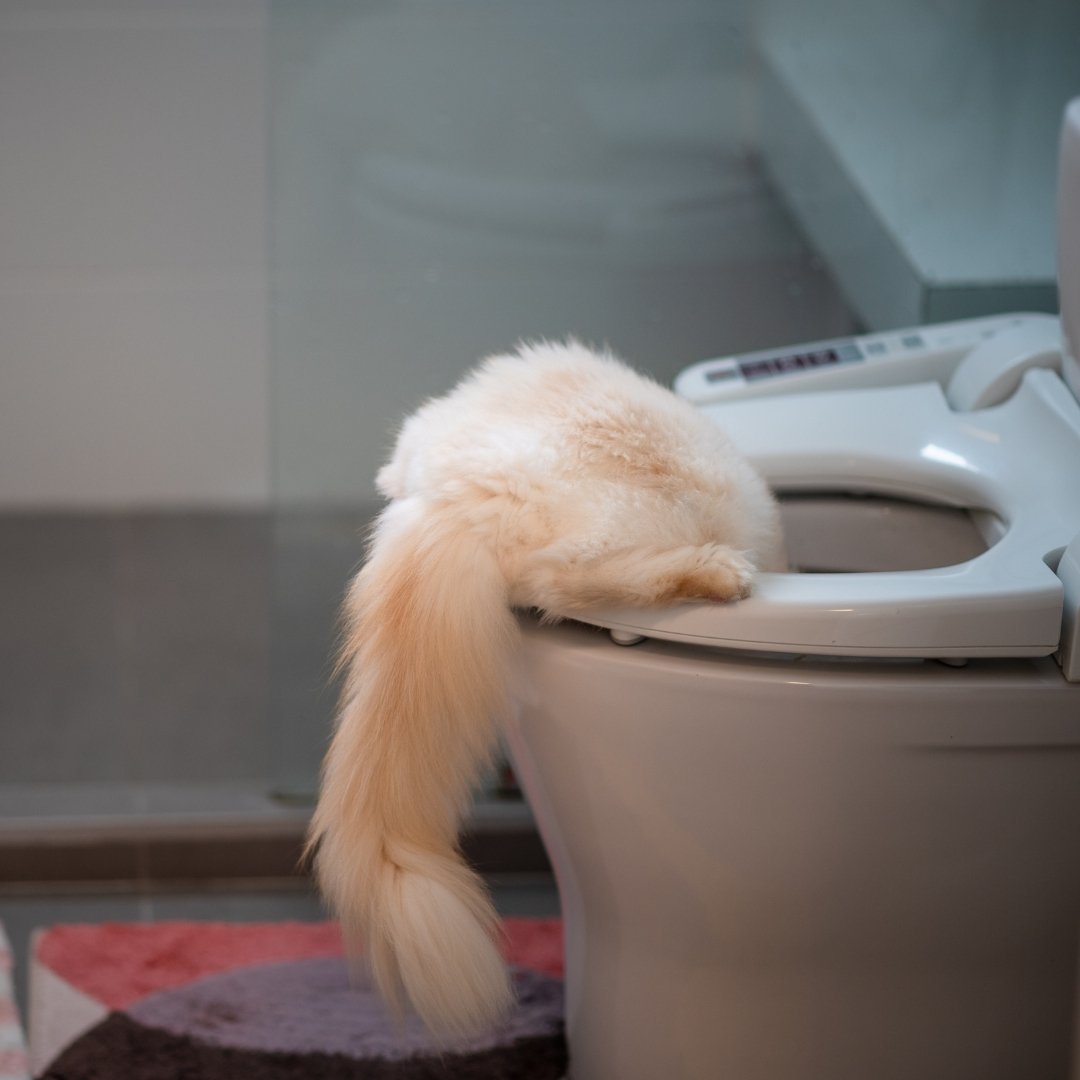Prevent Bathroom Disasters: Don't Flush Cat Poop Down Your Toilet - Professional Advice
Prevent Bathroom Disasters: Don't Flush Cat Poop Down Your Toilet - Professional Advice
Blog Article
They are making a few good pointers relating to Don’t flush cat feces down the toilet as a whole in this content just below.

Introduction
As feline owners, it's important to be mindful of exactly how we throw away our feline good friends' waste. While it might appear practical to flush cat poop down the toilet, this technique can have destructive effects for both the atmosphere and human health and wellness.
Environmental Impact
Purging pet cat poop introduces hazardous pathogens and bloodsuckers into the water supply, posturing a substantial risk to marine environments. These contaminants can adversely impact aquatic life and compromise water top quality.
Health and wellness Risks
In addition to environmental concerns, purging feline waste can also present health and wellness risks to humans. Feline feces may contain Toxoplasma gondii, a bloodsucker that can cause toxoplasmosis-- a possibly severe disease, particularly for expecting females and individuals with weakened body immune systems.
Alternatives to Flushing
Fortunately, there are safer and extra responsible ways to throw away pet cat poop. Take into consideration the following alternatives:
1. Scoop and Dispose in Trash
The most common method of getting rid of feline poop is to scoop it into a naturally degradable bag and throw it in the trash. Be sure to use a dedicated clutter inside story and throw away the waste immediately.
2. Use Biodegradable Litter
Choose biodegradable pet cat trash made from materials such as corn or wheat. These clutters are eco-friendly and can be safely dealt with in the garbage.
3. Hide in the Yard
If you have a yard, take into consideration burying cat waste in an assigned area far from vegetable yards and water sources. Make sure to dig deep enough to stop contamination of groundwater.
4. Install a Pet Waste Disposal System
Purchase a pet garbage disposal system specifically developed for pet cat waste. These systems use enzymes to break down the waste, minimizing smell and environmental effect.
Verdict
Responsible animal possession expands beyond offering food and sanctuary-- it additionally entails proper waste administration. By refraining from purging pet cat poop down the commode and going with alternative disposal methods, we can reduce our environmental footprint and safeguard human health.
Why You Should Never Flush Cat Poop Down the Toilet
A rose by any other name might smell as sweet, but not all poop is created equal. Toilets, and our sewage systems, are designed for human excrement, not animal waste. It might seem like it couldn’t hurt to toss cat feces into the loo, but it’s not a good idea to flush cat poop in the toilet.
First and foremost, assuming your cat uses a litter box, any waste is going to have litter on it. And even the smallest amount of litter can wreak havoc on plumbing.
Over time, small amounts build up, filling up your septic system. Most litter sold today is clumping; it is made from a type of clay that hardens when it gets wet. Ever tried to scrape old clumps from the bottom of a litter box? You know just how cement-hard it can get!
Now imagine just a small clump of that stuck in your pipes. A simple de-clogger like Drano isn’t going to cut it. And that means it’s going to cost you big time to fix it.
Parasitic Contamination
Believe it or not, your healthy kitty may be harboring a nasty parasite. Only cats excrete Toxoplasma in their feces. Yet it rarely causes serious health issues in the cats that are infected. Most people will be fine too if infected. Only pregnant women and people with compromised immune systems are at risk. (If you’ve ever heard how women who are expecting are excused from litter cleaning duty, Toxoplasma is why.)
But other animals may have a problem if infected with the parasite. And human water treatment systems aren’t designed to handle it. As a result, the systems don’t remove the parasite before discharging wastewater into local waterways. Fish, shellfish, and other marine life — otters in particular — are susceptible to toxoplasma. If exposed, most will end up with brain damage and many will die.
Depending on the species of fish, they may end up on someone’s fish hook and, ultimately on someone’s dinner plate. If that someone has a chronic illness, they’re at risk.
Skip the Toilet Training
We know there are folks out there who like to toilet train their cats. And we give them props, it takes a lot of work. But thanks to the toxoplasma, it’s not a good idea.

I discovered that entry about Don’t flush cat feces down the toilet when looking around the search engines. Do you know about another individual who is excited about the niche? Take a moment to promote it. Thank-you for taking the time to read it.
Click Here Report this page